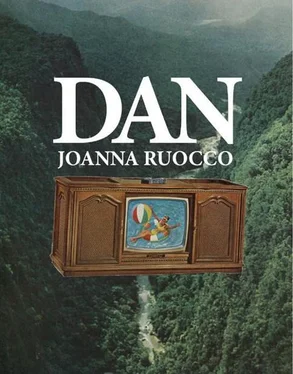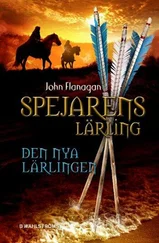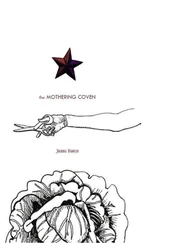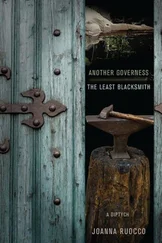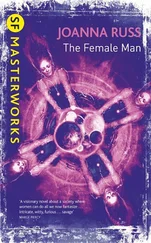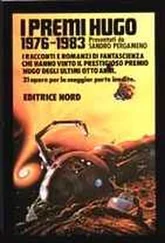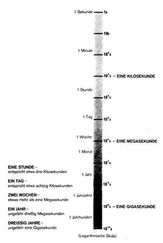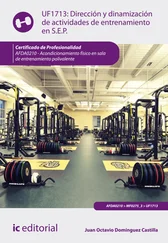“Dan wasn’t always a quagmire, was it?” Melba asked Mark Rand impulsively.
“No, Melba, it was not,” said Mark Rand.
“What happened?” asked Melba, but Mark Rand didn’t answer.
His hand-truck had been partially swallowed by a sinkhole and its excavation required his full attention.
Sometimes Melba wondered if she would ever discover the reason behind Dan’s transformation. Here and there, she’d encountered signs of Dan’s former prosperity: a quarry with tractor attachments rearing from the murky waters, a ticket stub from a county fair. But the residents of Dan could recall very little about the history of the town.
“You’re not exactly a spring chicken,” Helen Drake had said reprovingly, when Melba asked her about the Dan County Fair. “Why should I remember? What about you Melba?”
“Me?” said Melba. Surely she wasn’t as old as Helen Drake! But maybe she was. It was hard to tell with ages. But if Melba Zuzzo was as old as Helen Drake, she would certainly remember the Dan County Fair! Melba had been led to believe that hers was a particularly good mind, sharp and retentive. In grammar school, Melba had been the favorite of the principal, Principal Benjamin. It made sense that a principal would take to an intelligent child, an insightful child, a child of wit and aptitude, but perhaps Principal Benjamin was a different kind of principal. Perhaps he did not favor bright children. Perhaps he had been drawn to Melba precisely because he had sensed in her an utter lack of distinction, a pinched, lackluster quality that would only intensify with the years, eventually yielding a person so small and blanched he could put her in the pocket of his mustard-colored frock coat, marking her absently from time to time with his thumbnail as he might mark a nutmeat. There were principals with such proclivities, Melba thought. Who could say one way or the other about Principal Benjamin? Principal Benjamin had disappeared long ago.
In the basement of the school, the police found the tattered corner of a mauve bandana, monogrammed with Principal Benjamin’s initials and redolent of vinegar and paste.
“I’m sorry, Melba,” said Officer Greg when Melba arrived at the Dan Police Station. “I know you were close to Principal Benjamin, but there is nothing you can do to help.”
He brought Melba into the booking room.
“Unless of course you understand that ,” said Officer Greg, pointing to the enormous poster on the wall.
“The periodic table,” said Melba.
“Well it’s not an eye chart!” said Officer Greg. Then, at the look on Melba’s face, he gentled.
“Whatever happened to Principal Benjamin, it was an act of nature,” said Officer Greg. “Not a crime. We’re calling in an expert to consult—,” Officer Greg jerked his thumb at the periodic table, “ that . Many would argue we’re over-stepping our bounds pursuing the case at all.”
Officer Greg sighed. “I can’t explain any more,” he said. “It’s confidential police business. But maybe you can help us, Melba. How would you describe Principal Benjamin’s handwriting?”
Melba thought long and hard.
“Like blood droppings from a flea,” said Melba, “if the flea walked in straight lines across the page instead of bouncing from place to place.”
Officer Greg took a ziploc bag from his pocket and held it close to his face. Melba could see a white rectangle through the dingy plastic.
“Yup,” said Officer Greg. “It’s a match. Thank you, Melba. That will be all.”
Officer Greg didn’t allow Melba inside the Dan Police Station again. Weeks later, when the expert had delivered his full report on the isotopic compositions of noble gases and the case was officially closed, The Dan Banner ran an article lauding Officer Greg for his policemanship. The article made no mention of Melba Zuzzo’s role in the investigation. Melba Zuzzo read it a dozen times, as though savoring her misuse.
“Misused,” said Melba Zuzzo, and her voice rang out prophetically in a way that she did not enjoy.
Another possibility, Melba admitted, and a strong possibility at that, was cognitive degradation. She may indeed have been an intelligent child. Her inability to remember things might be a recent condition, a sign that her mental faculties had been compromised by her proximity to Mark Rand’s agricultural chemicals. Lately Melba had noticed certain changes. She was more agitated and her weight fluctuated, six pounds or more, between nightfall and morning. Melba was a tertiary feeder, and the chemicals had already affected the bottom of the food change. When Melba found vermin in her house — chipmunks and the occasional beaver — she could tell that they were not developed properly. They had weakened teeth and forepaws. Melba couldn’t help but laugh at the chipmunks as they tried to grip the Brazil nuts she piled in the nut well of the party platter. Their jerking movements reminded her of the time she tried to work the claw vending machine at the movie theater. The claw lurched all around, but the apertures between its prongs were too vast to give it purchase on the tiny, densely stuffed heads of the ostriches and giraffes that wallowed in the depths of the acrylic cabinet. After a few moments, the claw froze open and retracted, and no matter how many times Melba struck the sides of the machine with her fists, it only dangled on its short chain, twitching feebly.
“The Dan Movie Theater!” scoffed Helen Drake when Melba explained the movements of the chipmunks. “You see Melba, you are old!”
Maybe the trouble was adulthood and not agricultural chemicals, thought Melba. She had been a precocious child, but could one be a precocious adult?
Now in the gray sky above the rooftops of Dan, the sun was rising, overlarge and irregularly shaped, ramified by the refractive moisture droplets that made the air in Dan so suffocating to breathe. Melba’s exultation relaxed into a drab tranquility. Catching sight of her face in a shop window, she confirmed that her gratifying race with the bird had not suffused her cheeks with the becoming glow gratification brought to the cheeks of most others. The blood had come up in splotches.
She stopped her bicycle to peer at herself more closely in the window. She felt a burning in her left earlobe and stroked the earlobe grimly. Against her finger, the earlobe felt hard and weepy. It troubled Melba to consider her earlobe “weepy,” as though the sense organs, in this case, the eyes and the ears, could share their functions. The very notion brought to mind the lower-order animals, how they ate and defecated through a single hole. Such a simplification of the bodily processes would not appeal to the men and women of Dan. They took so much pleasure in the buttery crumpets and extra-soft pretzels Melba sold by the dozen in the bakery, and they reacted so negatively when, in casual conversation, Melba linked the crumpets and pretzels, however loosely, to any kind of output: vomit, excrement, or esophageal refluxus. Melba shuddered to imagine what the townsfolk would say if they needed to contend with the effects of reverse evolution. Most likely, though, they were simply unaware. Melba had never heard even a whisper about reverse evolution in her science classes, and not around town either. One time, Melba remembered, people had milled around in talkative groups right in the center of Dan, eating pretzels and discussing issues, but the conversation had focused on technological innovation.
“Fold-out couches are a disgrace,” shouted one woman. “They’re gimmicky, not worthy of their patent. Does anything good come from beneath the cushions of couch? Disease! Fossilized nachos! And we spend money adopting polar bears!” the woman’s voice shook with emotion, but the others did not take up her topic. It was widely known that the woman’s teenage son was a bounder given to serial, ungrateful tenancies on the couches of others, and that her comments did not represent the impartial assessment of technology that the tenor of the discussion demanded.
Читать дальше
